
A Common Sugar Substitute Increases Risk of Heart Attack and Stroke. (starts 11:00) CU-Boulder Integrative Physiologist Chris DeSouza explains his recent study that shows why the commonly used artificial sweetener, Erythritol, may be increasing the risk of heart attack and stroke.
50 Years of Open Space! (Starts 1:00) Boulder County Parks and Open Space staff members share how local citizen activists helped protect natural lands in and around Boulder. This is an excerpt from the podcast series, Voices of Open Space.
Hosts: Shelley Schlender and Beth Bennett
Show Producer: Shelley Schlender
Executive Producer: Susan Moran
Listen to the show:
Podcast: Play in new window | Download (Duration: 26:58 — 37.1MB)
Subscribe: RSS



 On this week’s show Beth speaks with computational biologist
On this week’s show Beth speaks with computational biologist 

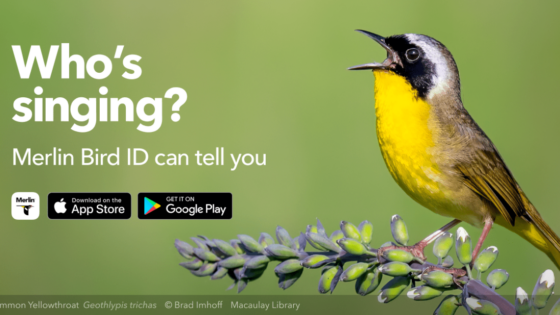

 In this week’s science show Beth talks with genome biologist Ed Chuong of CU Boulder’s innovation incubator, the Biofrontiers Institute. Ed takes us for a whirlwind tour of the evolutionary history of these viral invaders of our genome, and some examples of how they can simultaneously be friend and foe. Teaser, did you realize that the genes that allow the formation of the placenta, the organ that nourishes human (and other mammal) fetuses, came from viruses!
In this week’s science show Beth talks with genome biologist Ed Chuong of CU Boulder’s innovation incubator, the Biofrontiers Institute. Ed takes us for a whirlwind tour of the evolutionary history of these viral invaders of our genome, and some examples of how they can simultaneously be friend and foe. Teaser, did you realize that the genes that allow the formation of the placenta, the organ that nourishes human (and other mammal) fetuses, came from viruses! With graduation season upon us, today’s edition of How on Earth is Part 2 of our annual “
With graduation season upon us, today’s edition of How on Earth is Part 2 of our annual “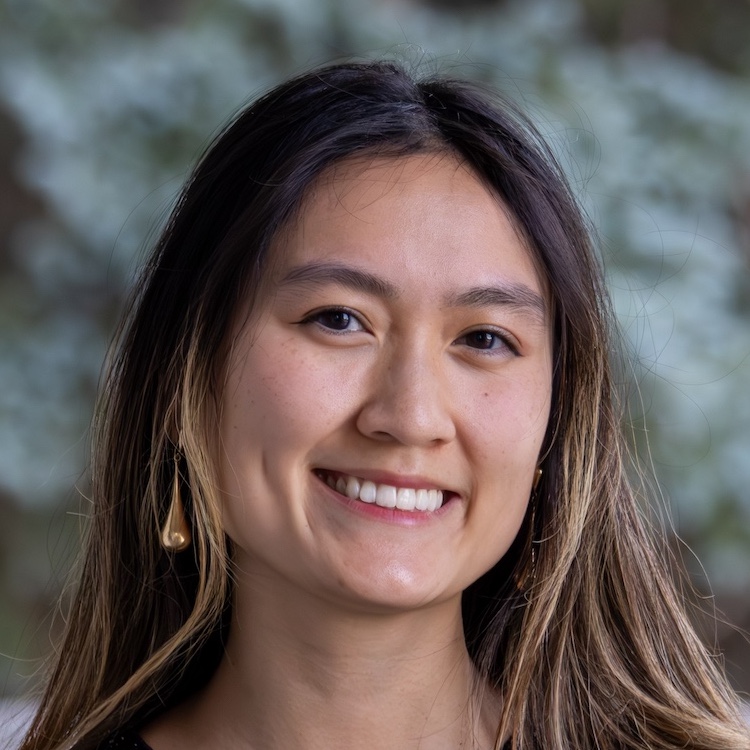 Chloe Long
Chloe Long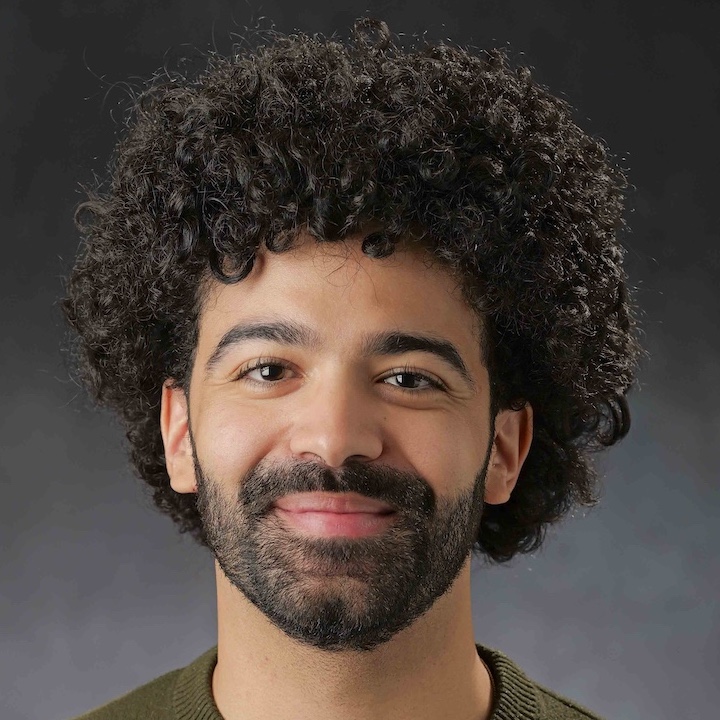
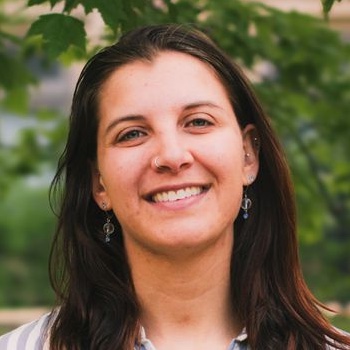
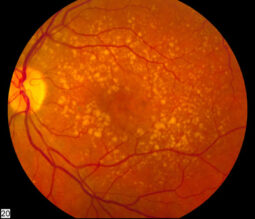
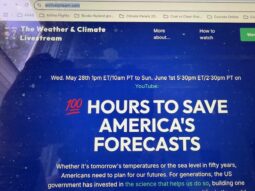 Scientists speak out for science (start time: 1:00)
Scientists speak out for science (start time: 1:00)